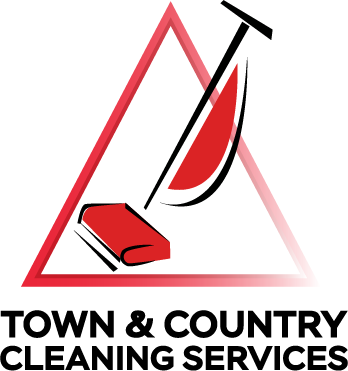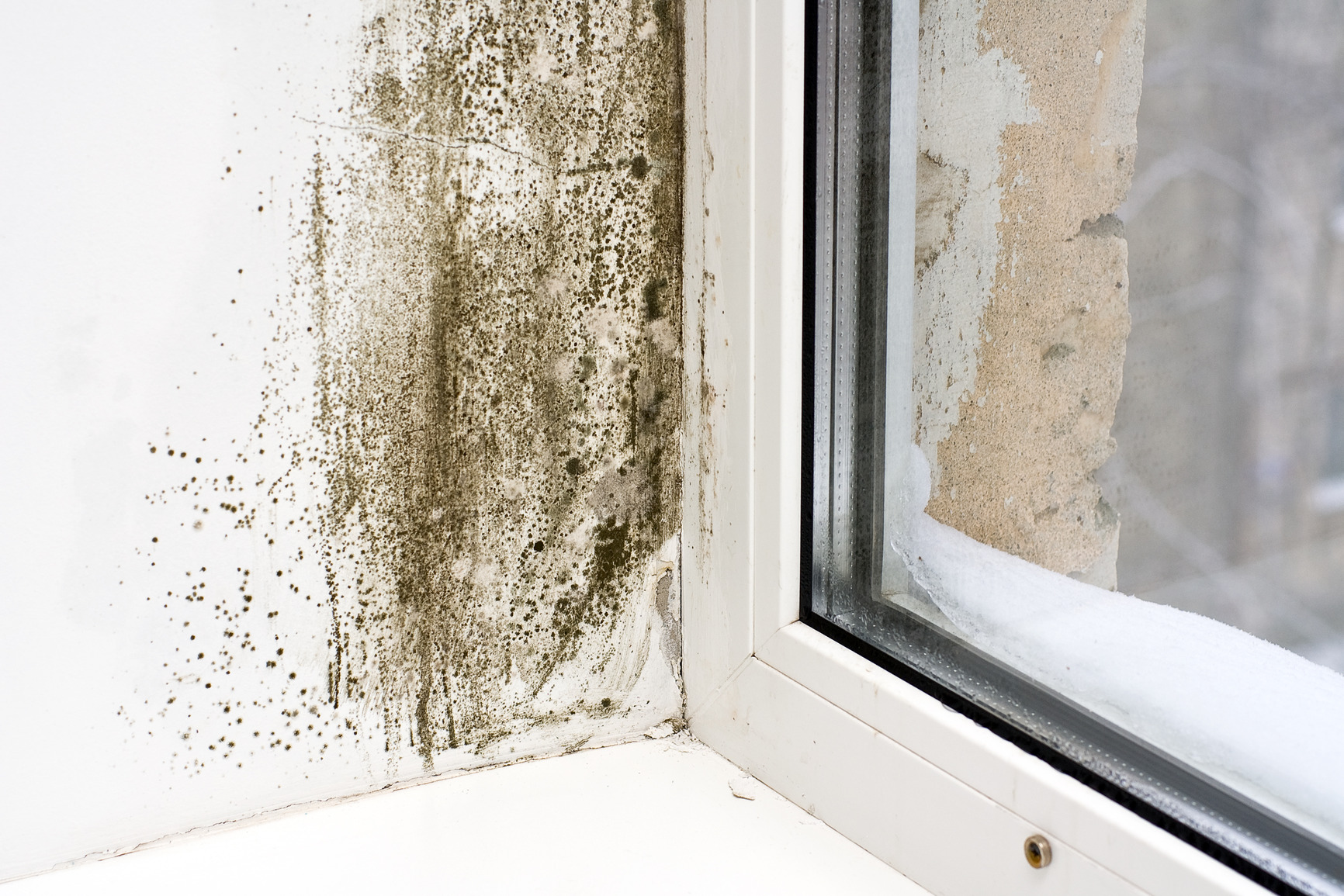Noticing mold coming back faster in your shower? Food molding faster than normal? You’re not alone. With all the rain, molds of all kinds are thriving. Just as you are noticing toadstools popping up overnight, so too are molds. The spore counts outside are high. Is anyone wondering what’s been affecting your allergies in this normally safe season? This means the spore counts inside of your house are also higher than normal. Combine high spore counts with high humidity with resultant slower drying and you are going to have a battle to keep ahead of the mold. Here are a few hints to help you stay in front of the mold battle.
In general: a well-functioning HVAC system is your best defense against humidity. Keep it at a reasonable level and be sure it is functioning properly. The added stress on your cooling system can lead to leaks and other moisture headaches causing worse problems. Installing extra-high-efficiency filters in your air returns may also help with allergies.
In Bathrooms: Use your exhaust fan to draw out excess moisture when showering. Use a squeegee on the shower walls after each shower to help dry the walls. Keep the shower and other areas of the bath clean as mold needs both moisture and a food source to grow. Note: residues from some cleaning agents can be a food source for bacteria and molds.
In Kitchens: Foods left out will mold more quickly than usual. Covering or refrigerating food may delay molding. Keep counters, pantries, and cabinets clean to minimize food sources. Check under sinks for leaks.
Check for leaks: Keep a sharp eye out for leaks throughout the house. If you see water where it shouldn’t be, find the source and get it fixed. Take steps to dry the area as quickly as possible. In this weather, things will NOT dry quickly on their own. You may need commercial-sized air movers and dehumidifiers to get the job done quickly. Always call a reputable remediation company for larger water losses. Leaks left unattended can lead to major mold problems.
Keep Air Flowing: Pockets of stagnant air can cause moisture to build up and mold to grow. Keep closet doors open or think about putting an absorbent in the closet. Check behind furniture, especially if there is not a free flow of air behind it. This can include paintings and mirrors as well as large pieces of furniture placed close to or touching the wall such as sofas and over-stuffed chairs.
Lastly, mold growing on walls, furniture, ceilings, etc. can be a serious probable. Get advice from a competent professional, preferably an IICRC-certified Water Damage or Mold Remediation expert. Many of the ‘cures’ for mold problems that are in the popular literature can actually do more harm than good. The best ‘cure’ is to be vigilant and keep mold away in the first place.

